Te Rere Reserve – home of the rarest penguin in the world.
Forest & Bird owns a number of important reserves around the country. One of these is Te Rere Reserve – a 70 hectare block of regenerating native forest located near the southernmost point of the South Island. It is home to about 70 yellow-eyed penguins – the rarest penguin in the world.
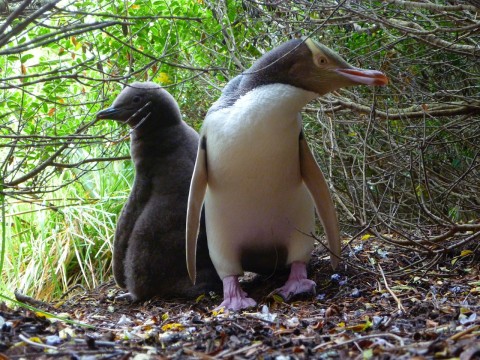
Every summer for thousands of years, these penguins have nested and raised their chicks in the depths of the rainforest. But their age old habits have been disrupted and numbers have declined as a result of forest clearance, fires, predation and changing conditions in their supermarket – the sea.
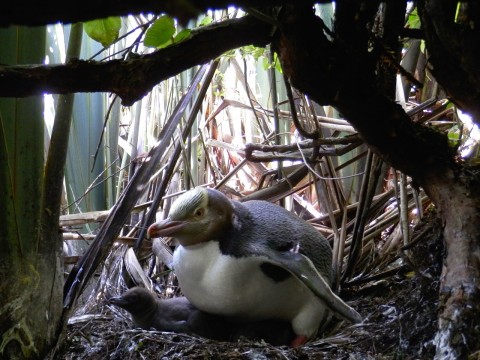
Monitoring the birds has become a significant annual job for the Southland Branch of Forest & Bird who are the guardians of Te Rere. I am the current caretaker for the Branch and over the past three years, Mel Young from the Department of Conservation and a number of volunteers have helped me.
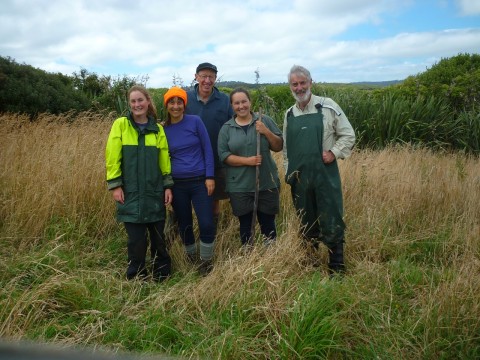
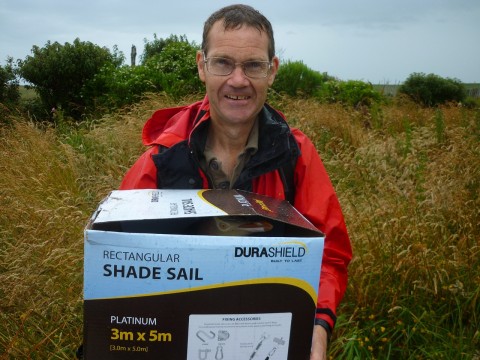
We locate nests when they are established in October before weighing and measuring the chicks just before they fledge in February. The results of this work show a seriously declining trend as nest numbers and chick weights fall. To add to this decline in nests, a significant number of adult birds have suffered life-threatening wounds from encounters with barracuda and other predators at sea this year.
These problems are not just confined to Te Rere and are reflected elsewhere on the Southland and Otago coasts. At present there are no agreed answers are the obvious question of why these things are happening. All we can say is that it is caused by something at sea. We can be sure about this, because the land habitat of the birds is generally in improving condition, with significant re-vegetation and predator control now being achieved on the coast.
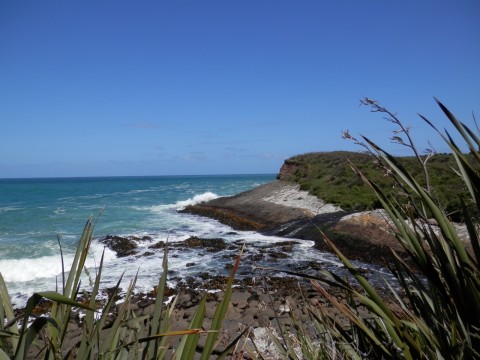
Penguins are regarded by marine scientists as indicators of the health of the oceans in much the same way as frogs are seen as such on land. Is the health of the sea declining and if so, is this something we humans are responsible for?
At a total population on the planet of only three thousand or so, the yellow eyed penguins are extremely vulnerable and all the “penguin people” of the South: researchers, rangers, tourist operators, conservationists and animal lovers are hoping for a return to better marine conditions in 2016.
